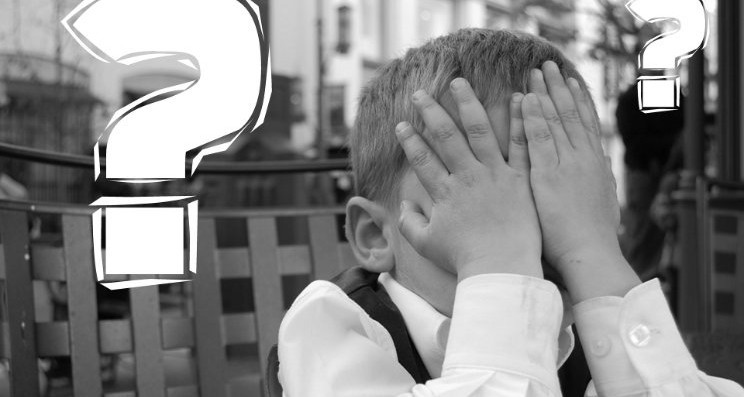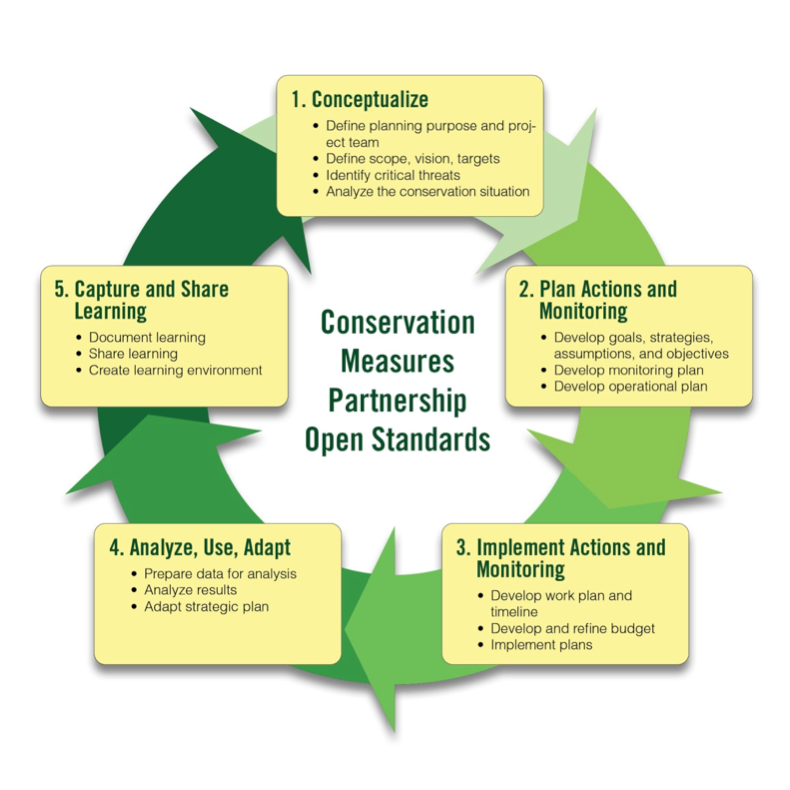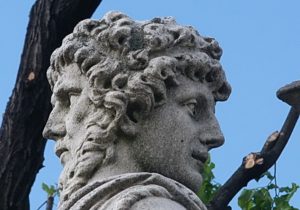Story shared by Albertien Perdok, Consultancy and Training in Nature Conservation Management Planning / CCNet Europe coach in the Netherlands. This story was also published by Albertien on Linkedin on July 10, 2017.

Four things you should do
when going ‘full cycle’
with adaptive management
Recently I moderated a webinar on the ‘adaptation’ part of adaptive conservation management. It was mentioned that conservation professionals are comfortable with planning what to do and doing what they planned. However, they are less comfortable with evaluation, reflection and adaptation. During the webinar Ilke Tilders, Arlyne Johnson and Judy Boshoven from Foundations of Success (FOS) shared their insights on how to actually learn from current projects and improve future strategies in nature conservation.
CMP Open Standards
I first need to say something about the adaptive management approach from the CMP Open Standards, as this approach was applied in all four cases presented during the webinar. The CMP Open Standards, already 20 years in development, are a set of best practices for understanding what to protect and how do to conservation. The Open Standards are a framework intended to use the planning to implement, and then adapt strategies as necessary based on monitoring feedback. The logic of the CMP Open Standards helps you answer whether you are achieving an impact, doing the right things and if you are doing things right.
 Staff from Foundations of Success (FOS), champions when it comes to applying the CMP Open Standards, shared experiences from four different projects, focusing on learning and adaptation. After the four presentations, I concluded that there are four requirements to create a good learning environment for conservation projects.
Staff from Foundations of Success (FOS), champions when it comes to applying the CMP Open Standards, shared experiences from four different projects, focusing on learning and adaptation. After the four presentations, I concluded that there are four requirements to create a good learning environment for conservation projects.
1: Supportive donor
Invite your donor to support an environment where you celebrate successes ánd mistakes.
2: Brave team
Create a safe environment where a team can openly and honestly reflect on project results and their own role. A brave team is not afraid to look in the mirror, to acknowledge it has made mistakes (ouch..) and to change course. A brave team is critical about (monitoring) data and asks “what does it really tell me?”
3: Organised process
A safe and functional learning environment needs an organised process and enough time. A few important ‘do’s’: Do appoint a learning team to organise the process and prepare each learning event. Do plan regular learning events, like team meetings or workshops. Do get a Conservation Coach involved (global conservation coaches, conservation coaches in Europe). Do engage a broader range of staff in the organisation during the process.
4: Learning questions
The final ingredient is ‘learning questions’. Ideally you base your learning questions on a project results chain (see box). The results chain shows how a project assumes it will create change. A good learning question challenges this assumption. A learning question asks: “To what extent and under what circumstances does a lead to b?”. The answers will provide a wealth of information.
Box: What is a results chain?
Simply said, a results chain is a graphic representation of a project’s theory of change: if a happens, then b is the result (I call this the ‘if then logic’).
A simple example of a big problem: People eat lots of meat. This leads to negative effects on ‘Planet Earth Ecosystem’. Let’s say my strategy is ‘Reduce meat consumption’ and my main activity is to educate people. My theory of change offers the following ‘if then logic’ (see picture):

- If I educate people (activity), then people understand the relationship between eating meat and the related negative effects on the planet (result 1)
- If people understand the relationship between meat consumption and the planet, then people will eat less meat (result 2)
- If people eat less meat, then there will be less agriculture (result 3)
- If there is less agriculture, then planet earth’s ecosystem has more living things and healthy environments (result 4).
All in all, I can summarize my theory of change by: Educating people will save the planet!
Using the example above:
First of all, either the monitoring data shows and/or the project teams realises that the chosen strategy is not effective. In other words: the results are not being achieved.
Between two boxes a learning question can be posed. Between result 1 and 2 the learning can be: “To what extent and under what circumstances does result 1 (people understand relationship) lead to result 2 (people eat less meat)? A possible answer might be: education alone will not change behaviour, other strategies are needed as well.
The pain in the chain refers to that part of the results chain were results are not being achieved. That is exactly the point where a team should ask learning questions to challenge their initial theory of change.
Janus the two-faced God

Photo: Statue of Janus, By: lienyuan lee CC BY 3.0, via Wikimedia Commons
In ancient Roman religion and myth, Janus is the god of beginnings, gates, transitions, time, duality, doorways, passages, and endings. He is usually depicted as having two faces, since he looks to the future and to the past. He is the ideal ‘icon’, because learning can be used for retrospective and prospective assessment of conservation projects. Additionally, you can use learning for synthesis between different projects and programmes.
Listen to the webinar to hear more about
Janus the God and learn how learning
was applied in four conservation projects.
If you want to improve the practice of conservation,
it’s worth listening to the recording!
Albertien Perdok is an experienced Open Standards trainer and facilitator, currently employed at the Leisure and Environment Center, a Dutch business offering consultancy in the areas of leisure and tourism. Albertien is a member of the Conservation Coaches Network (CCNet) Europe (link), a network dedicated to stimulate the use of the CMP Open Standards and adaptive management in Europe. CCNet Europe focuses on improving the skills of its 60+ trainers and coaches. Previously, Albertien worked for WWF Netherlands, FOS (Europe), and Eurosite. She holds a MSc. degree in Forest and Nature Conservation (Wageningen University).
